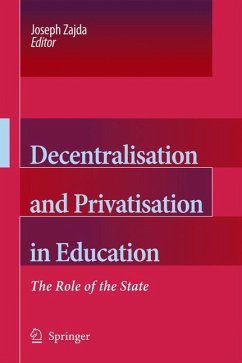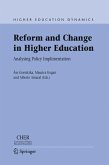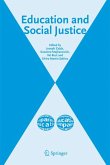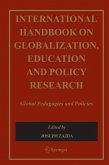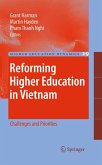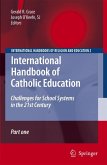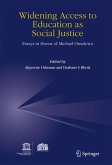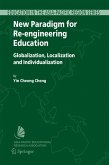Decentralisation and Privatisation in Education explores the ambivalent and problematic relationship between the State, privatisation, and decentralisation in education globally. Using a number of diverse paradigms, ranging from critical theory to globalisation, the authors, by focusing on privatisation, marketisation and decentralisation, will attempt to examine critically both the reasons and outcomes of education reforms, policy change and transformation and provide a more informed critique on the Western-driven models of accountability, quality and school effectiveness. We want to demonstrate that claims of advantages in 'efficiency' brought about by privatisation in education are not always supported empirically as proposed by proponents. The book examines the overall interplay between privatisation, decentralisation and the role of the state. The authors draw upon recent studies in the areas of decentralisation, privatisation and the role of the state in education. By referring to Bourdieu's call for critical policy analysts to engage in a 'critical sociology' of their own contexts of practice, and poststructuralist and postmodernist pedagogy, this collection of book chapters demonstrate how central discourses surrounding the debate of privatisation, decentralisation and the role of the state are formed in the contexts of dominant ideology, power, and culturally and historically derived perceptions and practices. The authors discuss the newly constructed and re-invented imperatives of privatisation, decentralisation and marketisation and show how they may well be operating as an educational model of a new global 'master narrative'- playing a hegemonic role within the framework of economic, political and cultural hybrids of globalization.
Dieser Download kann aus rechtlichen Gründen nur mit Rechnungsadresse in A, B, BG, CY, CZ, D, DK, EW, E, FIN, F, GR, HR, H, IRL, I, LT, L, LR, M, NL, PL, P, R, S, SLO, SK ausgeliefert werden.

